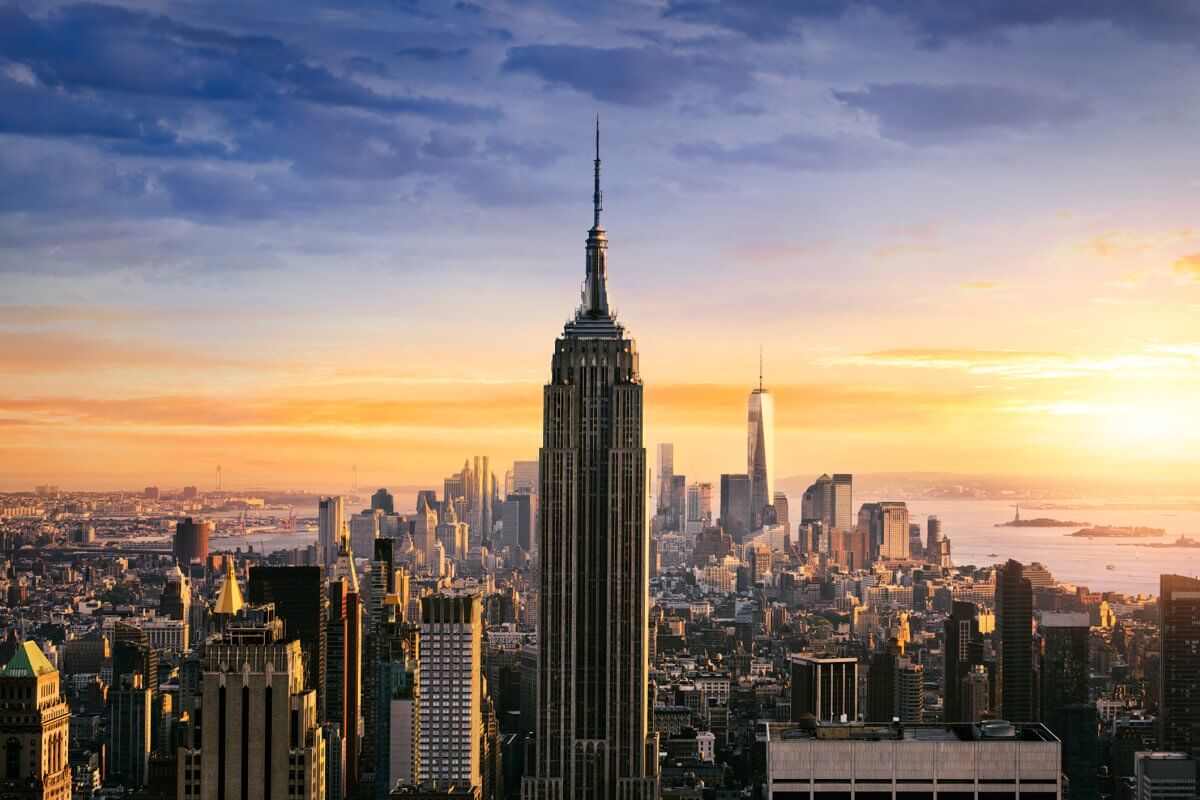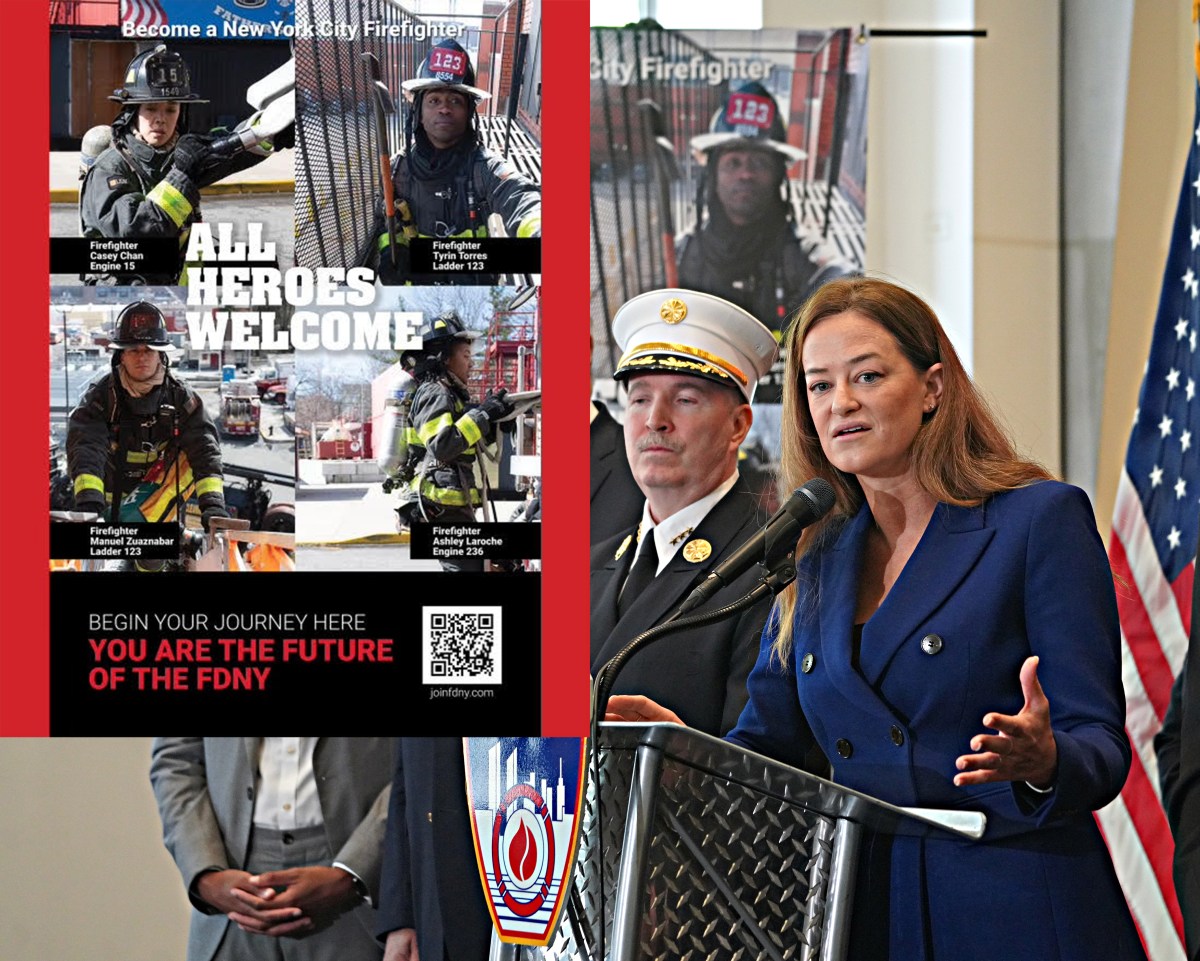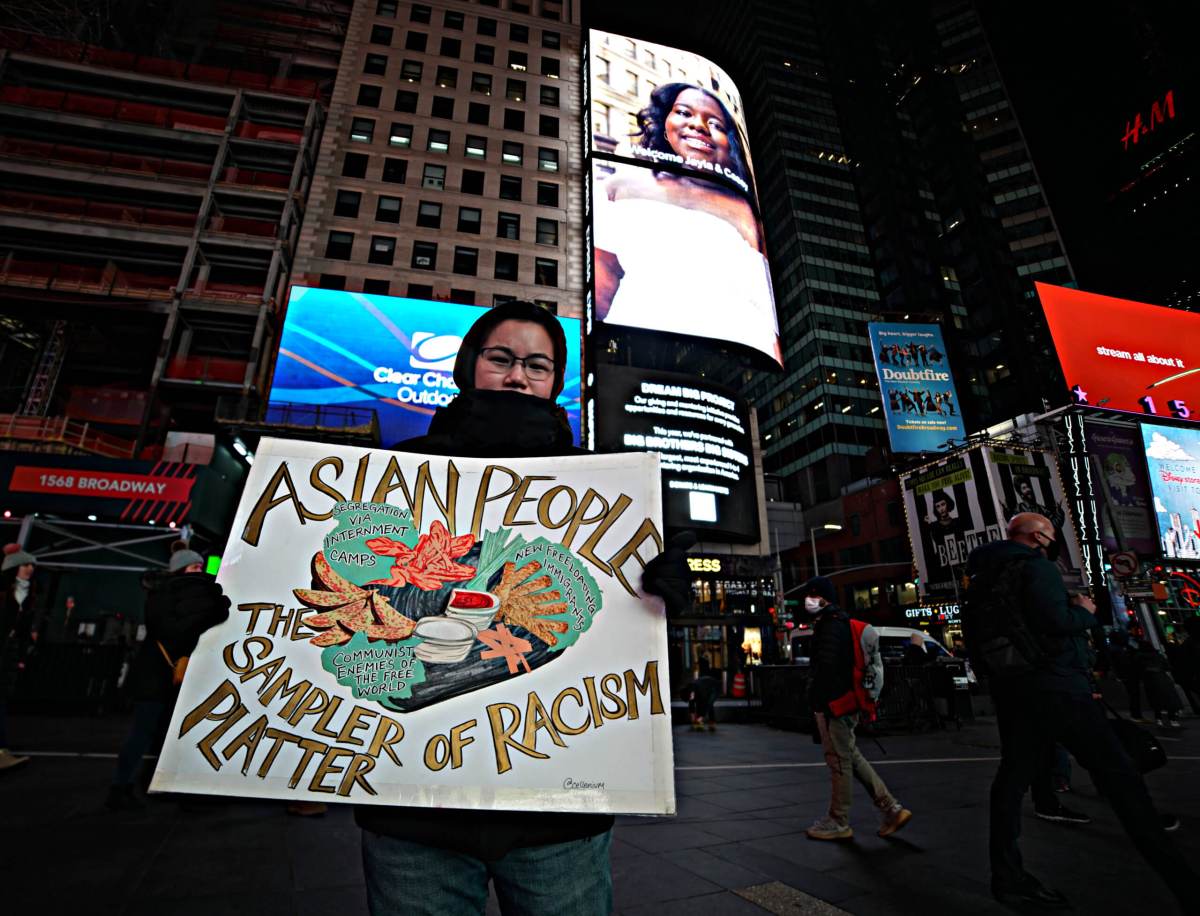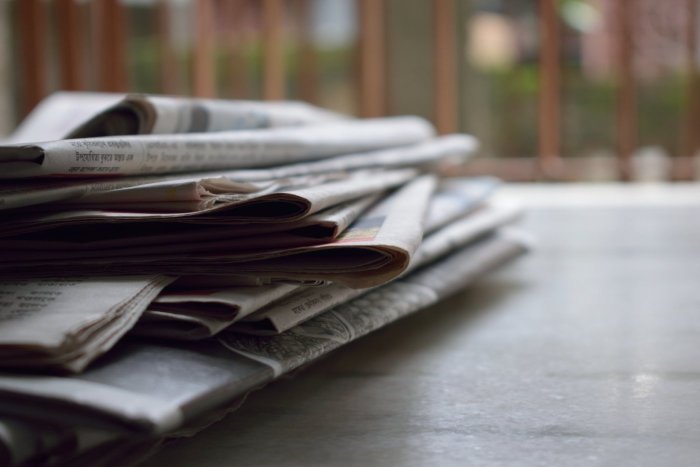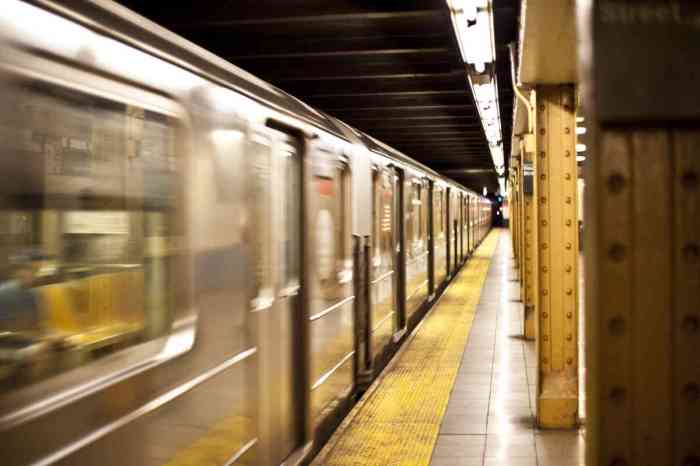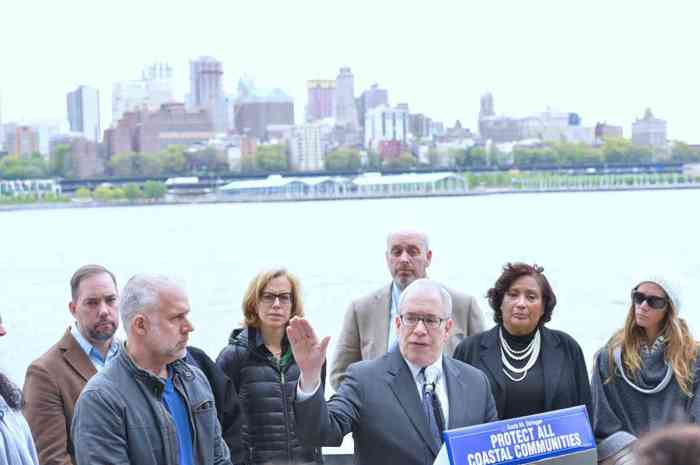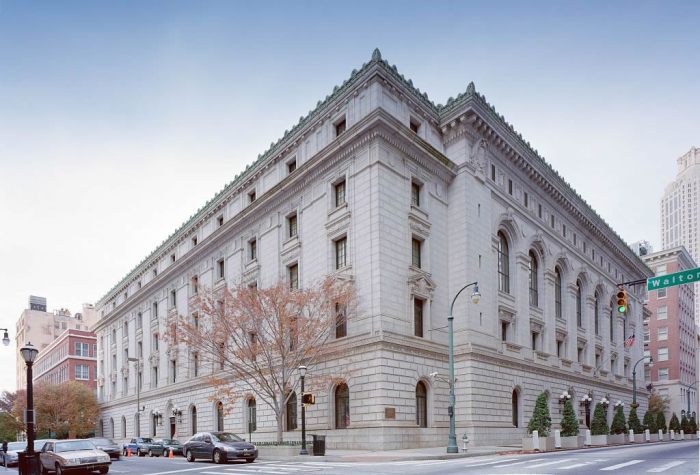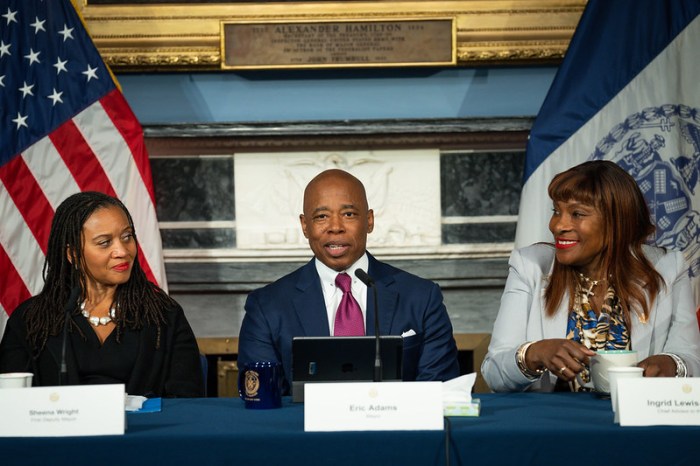We’re headed into a new year, and it’s been a few weeks since I’ve written my column. I was stuck in two 13-hour Zoom meetings of the Brooklyn Democratic Party. Unfortunately, my issues with party leadership will once again have to be resolved in court.
My first column here observed that none of us can control the presidential election, and I never found any evidence that changed my view on that matter. Closer to home, I must admit that after years of searching, I have yet to see any democratic accountability within the government or politics of New York. That’s sad and damning, but I’m confident we’ll take a big step forward in 2021, provided we give Ranked Choice Voting a chance and stick with the matching funds and spending limits imposed by our city’s Campaign Finance Board system.
We are in the third or fourth quarter of this long coronavirus crisis. Eventually we will come out of this quarantine, eventually other things will kill us and the social distancing will be a distant memory, but our way of life will be changed.
New York City will come back, Broadway will reopen, we will have nightlife again, but it will be different. Probably we will never have the same number of restaurants, bars or dry cleaners that we used to. Change is endemic everywhere: we’re just a place that embraces it better than most. These changes we’re living through have been a long time coming: telecommuting was a major topic twenty years ago; the number of saloons in New York has been declining for over a century.
Let’s keep three things in mind about this new world we’re entering in this new year.
First, we are probably more atomized socially than humans have ever been before. It has never been easier to filter away almost all the opinions that you might find uncomfortable or inconvenient. And the hermits of yore would envy how easy it is for us to get everything delivered now.
Second, with the decline of public spaces, inequality is less obvious to us than it was before, even as it worsens considerably. A larger number of people are suffering in America today than they have been in many years, but by and large they are deprived and suffering alone and out of our sight.
Our current social services are not enough to help people. The poorer a kid is, the more of their education they missed this year and the less likely they are to ever make that up. These are some of those inconvenient facts it is now easier than ever to ignore.
Third, the changes coming in the future are even more severe than what we’ve faced so far. Coronavirus is an excellent trial run for climate catastrophe! Maybe, just maybe, we are learning that we can radically change our habits and mindsets. We’re coming out of one global challenge but still in the thick of another. We can solve it because we have to.


